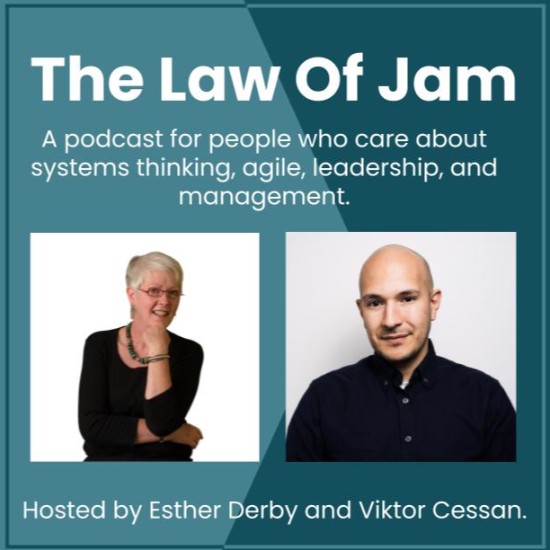Coaching
Coaches help people and teams see new options. How they go about this depends on the situation, the problem, and the relationships involved. Most important is how a coach shows up, makes contact, and their ability to be present and empathetic.
Blog Posts
When there’s an issue in an organization, people have a tendency to focus on fixing...
The idea that we must set personal goals and work relentlessly to achieve them, bothers...

Sometimes I meet teams who’ve adjusted or even embraced a change initiated by company leadership....

I had the privilege to study with a renowned artist, Nancy Crow. It was a wonderful...
At the end of one of my Team Coaching workshops, a participant–an agile coach with...

John was out of patience. “It shouldn’t take this long!” John, the VP of Development,...

Some people seem to think that empathy has no place at work…that work requires a...
In previous Super Power posts, I wrote about the importance of curiosity and observation in...
Why does observation matter? Let me tell you a story. When I was a kid,...

In my work, I draw on models, frameworks, and years of experience. Yet, one of...
Someone I don’t know offered to teach me Agile Best Practices recently. I tend to...

We all have filters. That’s a good thing–our cognitive systems can’t process all the data...
Podcasts

People and teams have the opportunity to learn all the time, not just in training....

In an earlier episode, we talked about how to enter a system. Now we’ll talk...

In episode 11, we talked about Observing systems and in this episode, we explore using...

At any given time a lot goes on in systems. But how we observe systems...

Another question we are asked a lot is “How do you get past resistance to...

People often ask us, “How do you coach a team that doesn’t want coaching?” The...
Videos
No videos in this category
